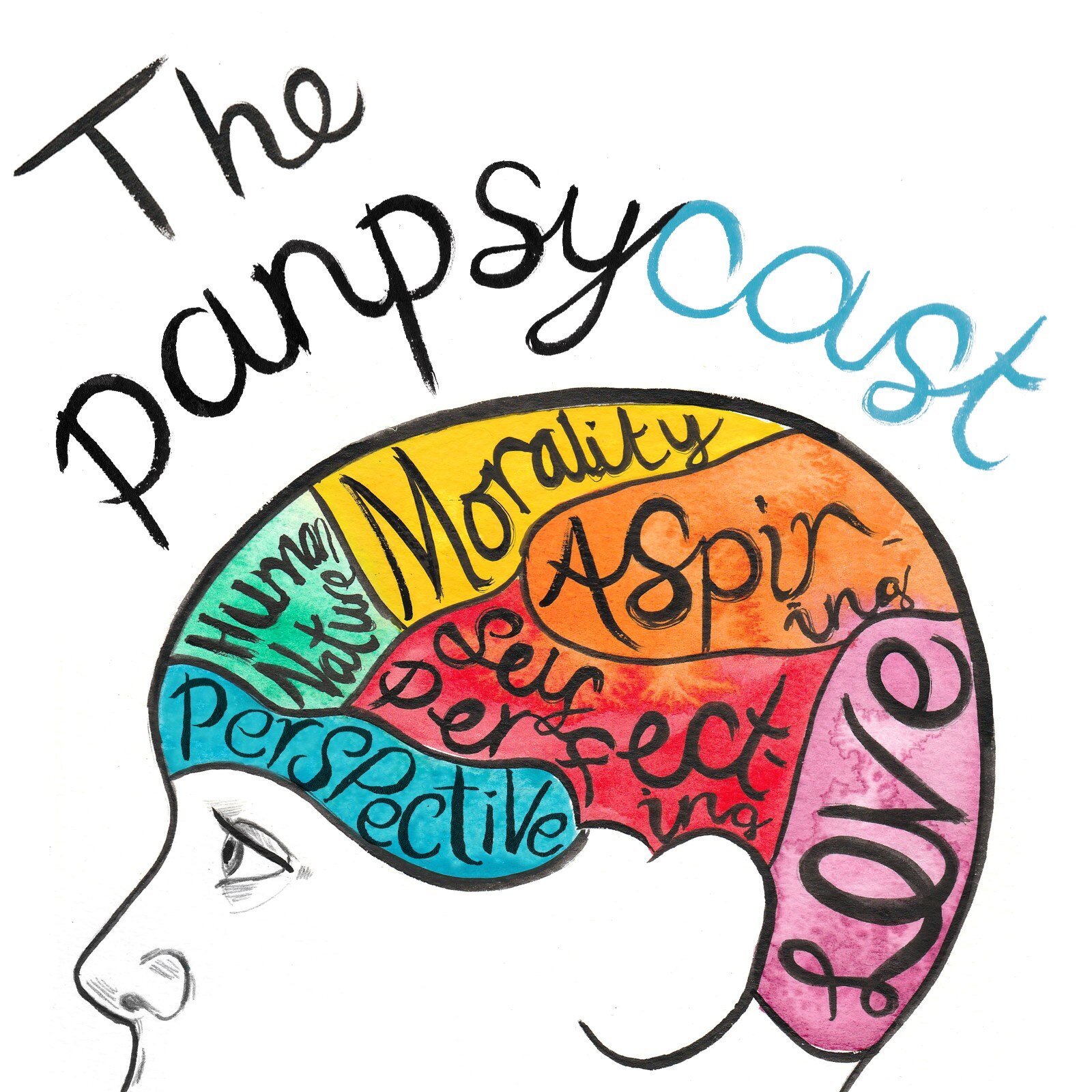Welcome to ‘Episode 127 (Part II of II)’, where we’ll be analysing the role of virtue and the lives of the Founding Fathers.
Alongside life and liberty, the Declaration of Independence marked the pursuit of happiness as the foundation of American democracy. Yet, as the history of philosophy has taught us, understanding happiness is no easy task. Pursuing happiness as the cessation of desire, a feeling of perpetual pleasure, or as a state of human flourishing are very different projects…so, which conception of happiness did America’s Founding Fathers take to be an ‘inalienable right’?
In this episode, we’ll be exploring the nature of happiness with Professor Jeffrey Rosen, President and CEO of the National Constitution Center. According to Rosen, in tracing the Founding Fathers’ intellectual development – inspired by Greek and Roman philosophy – we see that the Founders understood happiness as a pursuit of moral excellence rather than immediate gratification.
No doubt, Western understandings of happiness have shifted…today, happiness means something closer to feeling good than being good. Our question is whether this cultural shift was a mistake. In carving out our futures, ought we look to the past? In defining the purpose of our lives and the destination of our states, should we turn to America’s Founding Fathers and their ancient teachers?
The file size is large, please be patient whilst the podcast buffers/downloads/strives for happinessContents
Part I. The Founding Fathers
Part II. Further Analysis and Discussion

